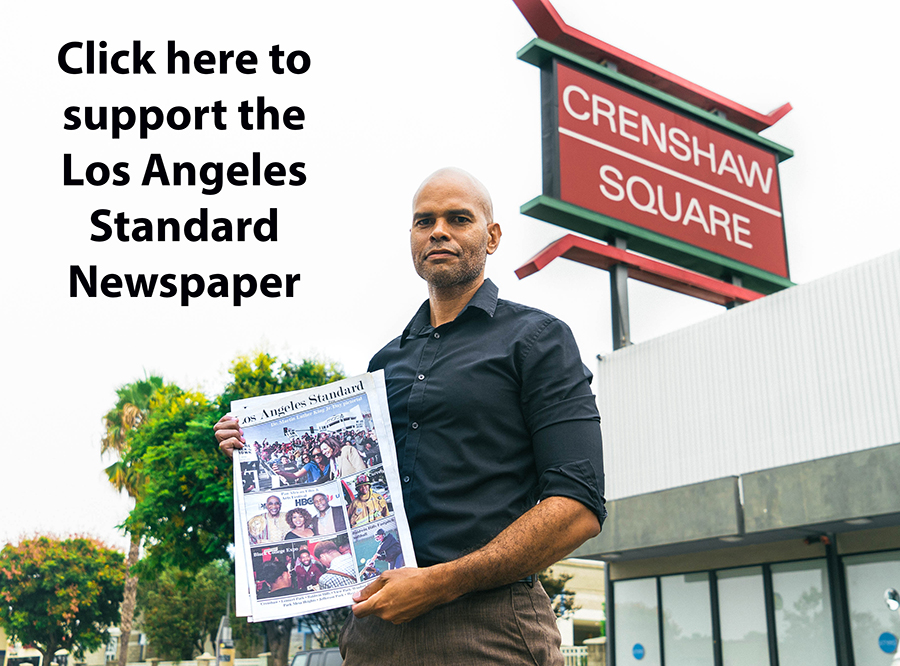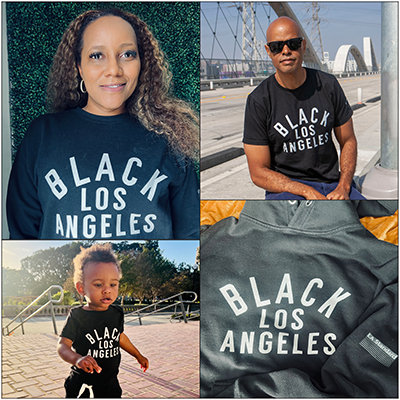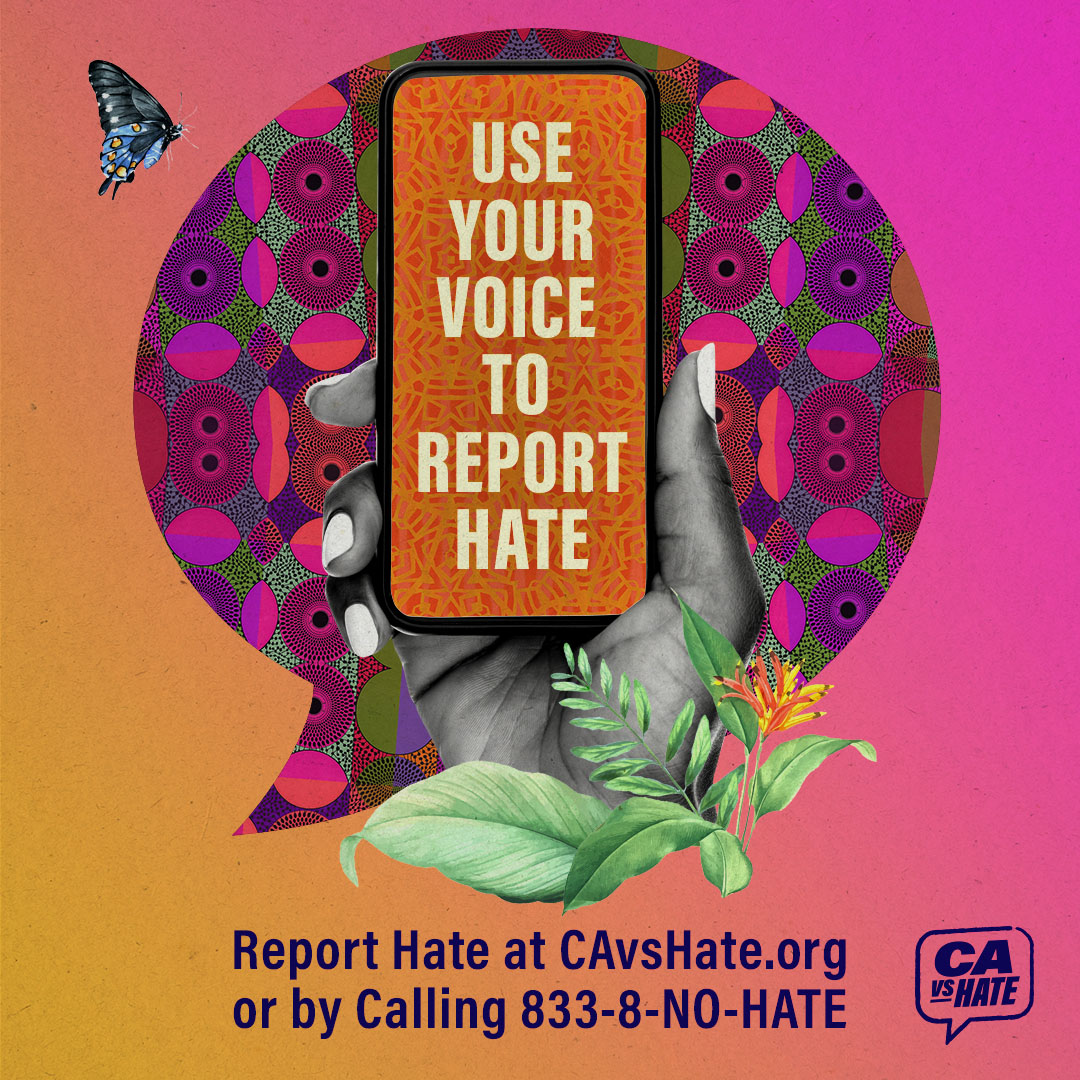The youth mentoring program helps their students identify hate crimes and encourages them to report them.


This resource was supported in whole or in part by funding provided by the State of California, administered by the California State Library via California Black Media as part of the Stop the Hate Program. The program is supported by partnership with California Department of Social Services and the California Commission on Asian and Pacific Islander American Affairs as part of the Stop the Hate program. To report a hate incident or hate crime and get support, go to CA vs Hate.
By Blake Carter
The Bridge Builders youth mentoring program has partnered with California vs. Hate to encourage their students to report hate crimes, and also to recognize what hate crimes are.
“What we’re finding is that a lot of the things that we talk to them that constitutes a hate crime or an instance of hate, it happens to them regularly so they don’t even report it,” said James Breedlove, Bridge Builders president. “Unfortunately for oppressed groups, instances of hate is normalized.”
The 2023 California Hate Crime report shows that with hate crimes that are based on race, Black people are the victims in over half of those crimes. Out of the 1,970 hate crime events, 1,017 (51.6 percent) of those were based on race/ethnicity/national origin. Black people were the victims of 518 hate crimes, which account for 51.6 percent of race-based crimes. The California Hate Crime report came out about a month after the California anti-hate hotline report was released, and that report had similar findings. Anti-Black bias was by far the most cited reason for reports related to race.
“In our communities the statistics say that the instances of Black hate in Los Angeles County are more than the next three categories combined,” Breedlove said. “We’re still being the victim of hate crimes.”
The most common reason why people called the anti-hate hotline was for discriminatory treatment, with most of the incidents happening at or near a person’s home, followed by the workplace and public facilities.
Many of the hate crimes that other groups are experiencing have been commonplace among Black people.
“One thing that I’ve learned from being a part of this Stop the Hate initiative is that other groups are experiencing hate as well, and things that they say seem unreal, that happens all of the time in our community,” Breedlove said. “They talk about hate as a new instance, but they’re not really mindful of the history of supremacy, slavery, lynchings, or the things that have been entrenched in who we are as a people. We’ve been dealing with hate since the beginning of this nation, so it’s so normalized with us that instances that other groups report are normalized with us. So we’re underreporting but we’re still more significantly impacted.”

To help Black students recognize what hate crimes are and also to encourage them to report those crimes, the Bridge Builders Foundation uses a curriculum that was developed by Professor Shelly Harrell, a licensed psychologist at Pepperdine University. Harrell specializes in multicultural and community psychology. Her research interests include cultural dimensions of wellness and positive well-being, racism-related stress, resilience-oriented stress management interventions, culturally diverse contemplative practices, and African American mental health. She has published in the areas of racism and mental health, race and clinical supervision, cultural issues in positive psychology, interventions with African Americans, psychospiritual principles for working with African American women.
The Bridge Builders uses this curriculum for their grade school and high school students, and they have partnered with collegiate organizations such as Delta Sigma Theta Sorority, Inc.’s Cal State Dominguez Hills chapter.
The Bridge Builders Foundation receives funding from the LAUSD Black Student Achievement Plan, and they hold programming in schools where they can reach a lot of Black students. That is important because as the Black population continues to diminish in Los Angeles County, Black students are becoming a smaller minority on their campuses.
“As the numbers get lower and lower, we become subjects of hate not just from the people in power, or the people that we trust to protect us, but then we start running into racial hate from other groups,” Breedlove said.
For more information about the Bridge Builders Foundation, visit www.bridgebuildersla.org.











